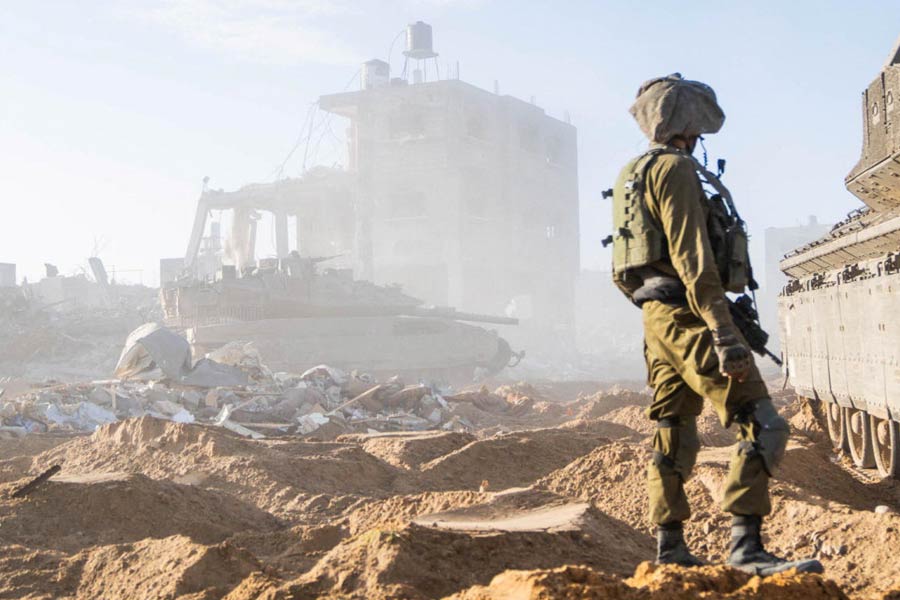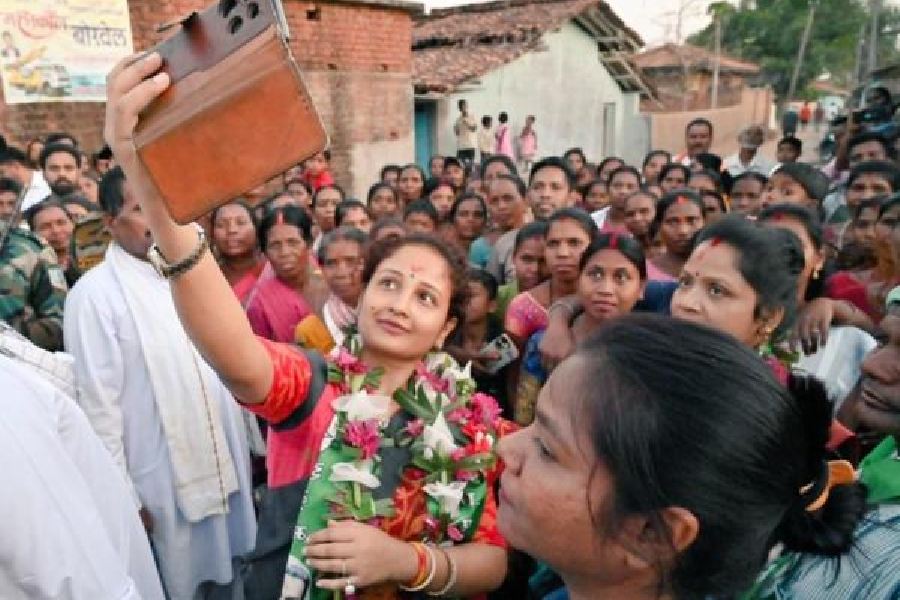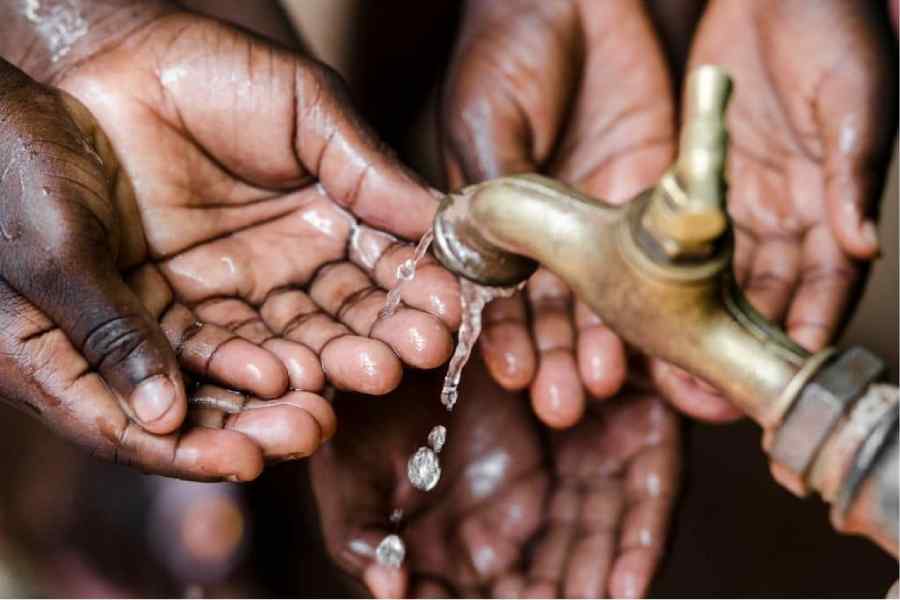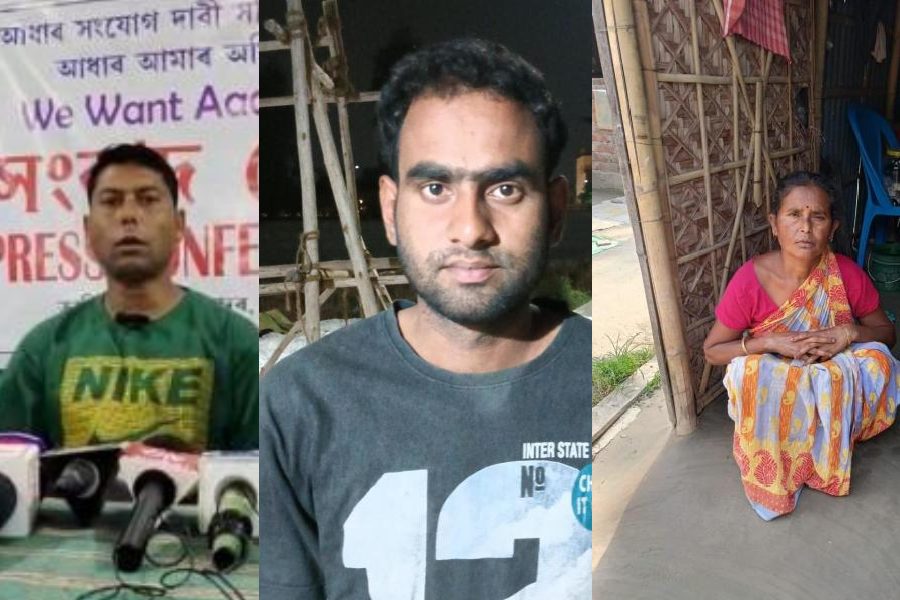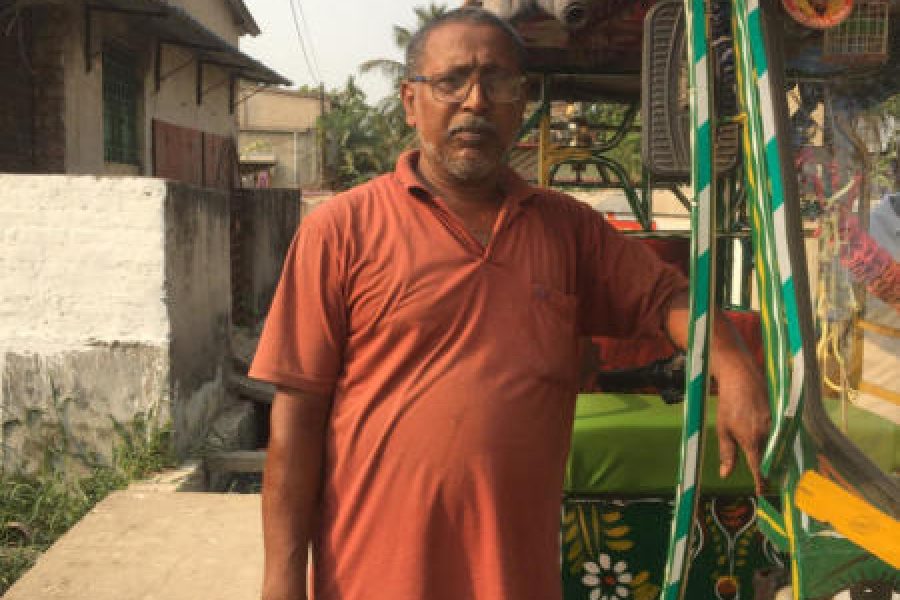Born in wartime, the baby had not eaten in more than a day, his father said — no formula, no nothing. His parents had already spent the last of their money on food, sold his mother’s gold jewellery to buy milk and begged water from other evacuees to mix the powdered formula. Now even that was gone.
The baby, Jihad, and his parents, Nour Barda and Heba al-Arqan, were trapped now in a storage closet with five other people at Shifa Hospital in the Gaza Strip last month as Israeli troops attacked. They had some Palestinian thyme and foraged wild greens to eat, but only that, and just enough water to moisten their mouths once in a while, Barda, 24, told a New York Times reporter. Gunfire jackhammered outside. The Israeli military had surrounded the building and told anyone sheltering inside to stay put.
Shifa was the same hospital where Jihad had been born five months earlier — five months of searching all day for a little food, of nearly getting knifed over a little flour. All his parents could do now was sit and watch their son go hungry. Hungry herself, al-Arqan had no breast milk to give. After two days, they had had enough. Jihad had not eaten in 28 hours. Holding one of Jihad’s dirty white T-shirts up on a broomstick, and holding the baby close, they made their way towards the Israeli soldiers.
They left for southern Gaza that same day, they said, alongside other civilians fleeing the hospital raid. Israel’s invasion of the northern part of the territory, where the family lived before the war and had been sheltering ever since meant there was nothing left for them there but starvation.
In Gaza, where Israel has cut off most of the territory’s pre-war water and food supplies and war has made farming nearly impossible, the UN says famine is likely to set in by the end of May.
Aid groups and many governments blame heavy-handed Israeli restrictions on aid to Gaza. Israel, which had previously charged the UN with failing to distribute aid adequately, promised recently to ramp up deliveries after facing enormous outside pressure.
Born before the war, Muhanned al-Najjar was not yet teething when the fighting broke out.
After his family took shelter at a school near their home in Khan Younis, in southern Gaza, Hanaa al-Najjar, his mother, said she fed Muhanned powdered formula that had originally come from the UN, buying it from resellers because no aid had reached her. Same for the water she needed to mix it: about 80 cents a bottle, bought on the street.
The formula ran out while Israeli forces were surrounding the area in February, so al-Najjar began feeding Muhanned bread dipped in canned beans and lentil soup distributed by aid groups. There were no freshly prepared meals, no vegetables. Day after day, it was only the cans — a diet that pediatricians warn cannot properly nourish children, who need fresh food and vitamins.
Muhanned had been a healthy baby, al-Najjar said. But, at about 20 months old, he lost his appetite. He stopped eating much. He stopped walking much. He might have drunk more water, his mother said, but the most she could give him was about two teacups a day.
In February, Israeli forces ordered the shelter evacuated. As the family left, al-Najjar said, the soldiers detained her husband. She and their four children searched for refuge without him, eventually ending up in a tent in Rafah, Gaza’s southernmost city.
Muhanned and al-Najjar’s older son, Mohammed, 7, soon had fevers, she said, so she enlisted her husband’s brother, Jameel, to help find treatment. From hospital to hospital they went — six hours at Al-Emirati, four at Al-Awda clinic, seven at Al-Kuwaiti — before arriving at the European Gaza Hospital, where, she said, doctors told them the boys were dehydrated as well as feverish.
Mohammed seemed to improve by the time the boys were discharged after four days of receiving replacement fluids. Muhanned, however, seemed no better, refusing the bread and oranges his mother offered.
Five months before Jihad Barda’s parents fled Shifa Hospital, carrying their baby and waving his T-shirt as a white flag, they had arrived there for his birth. It was October 20. Jihad, their first child, weighed 5 pounds, 8 ounces. His name, after an uncle, means “struggle”.
New York Times News Service

